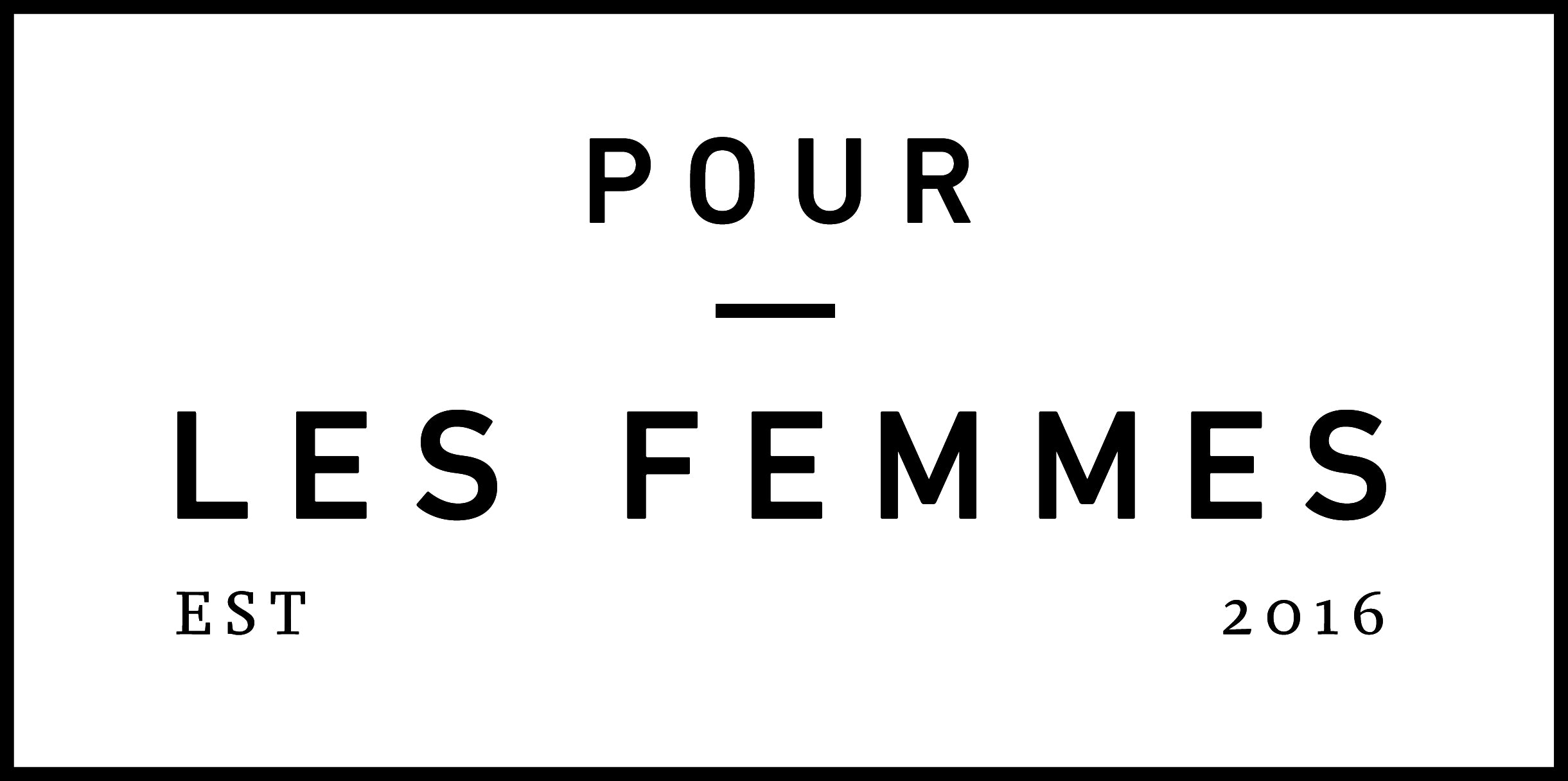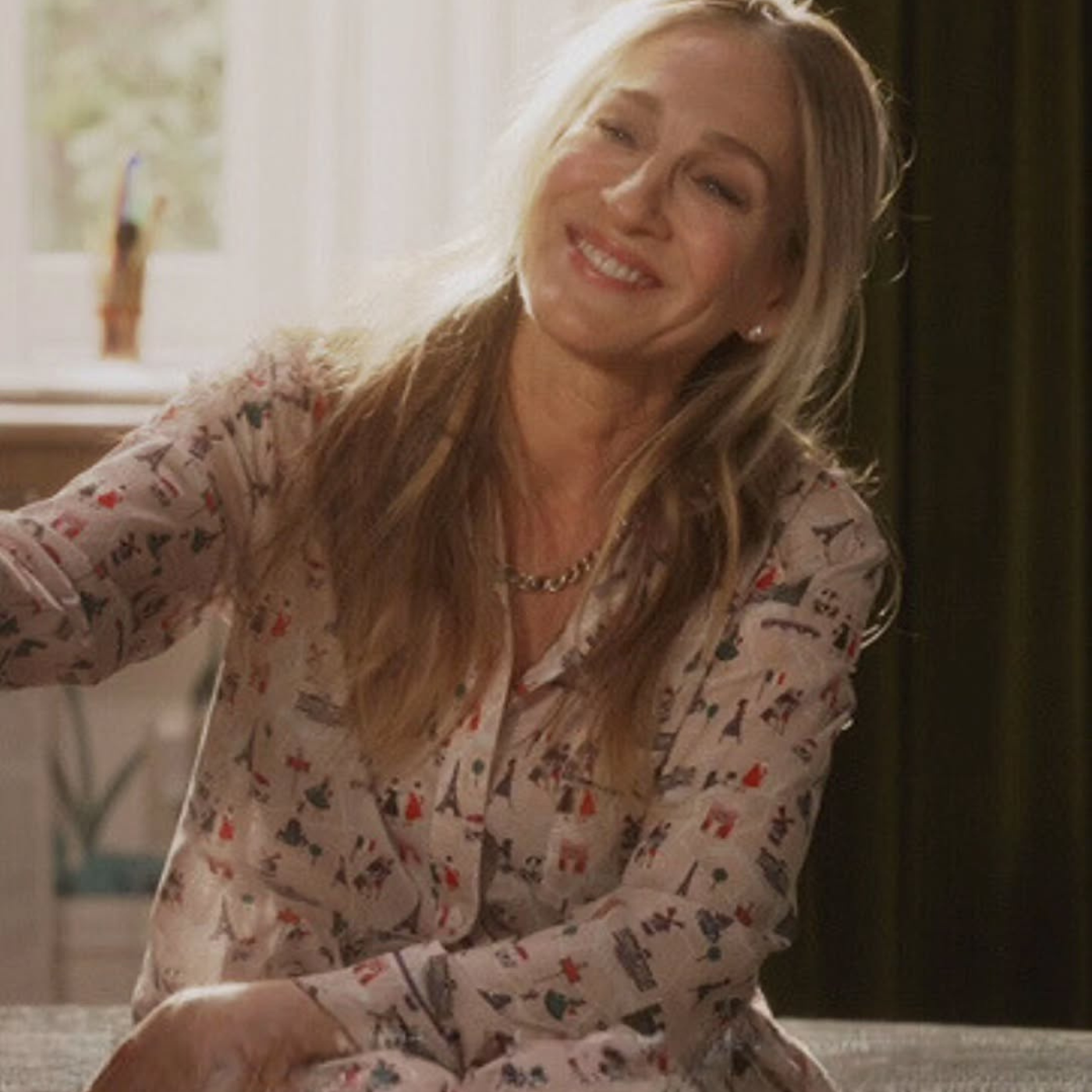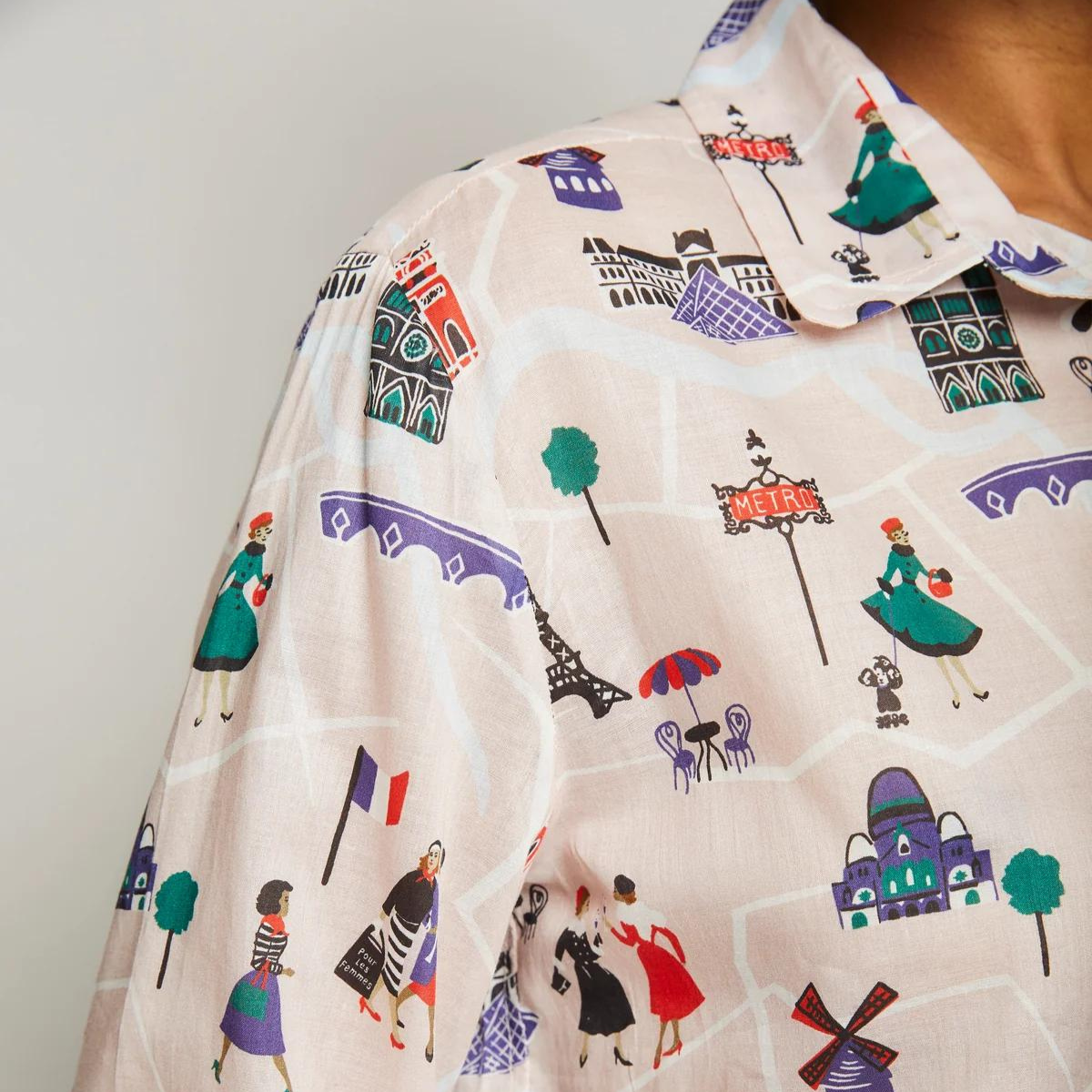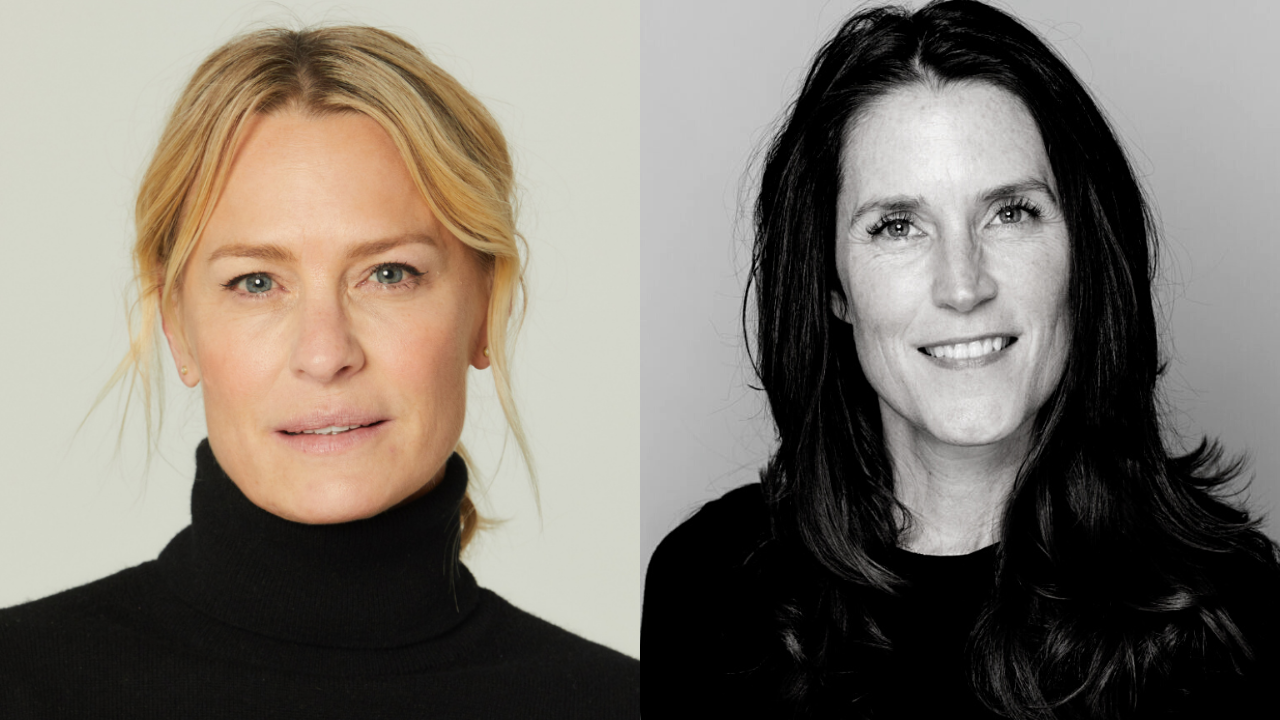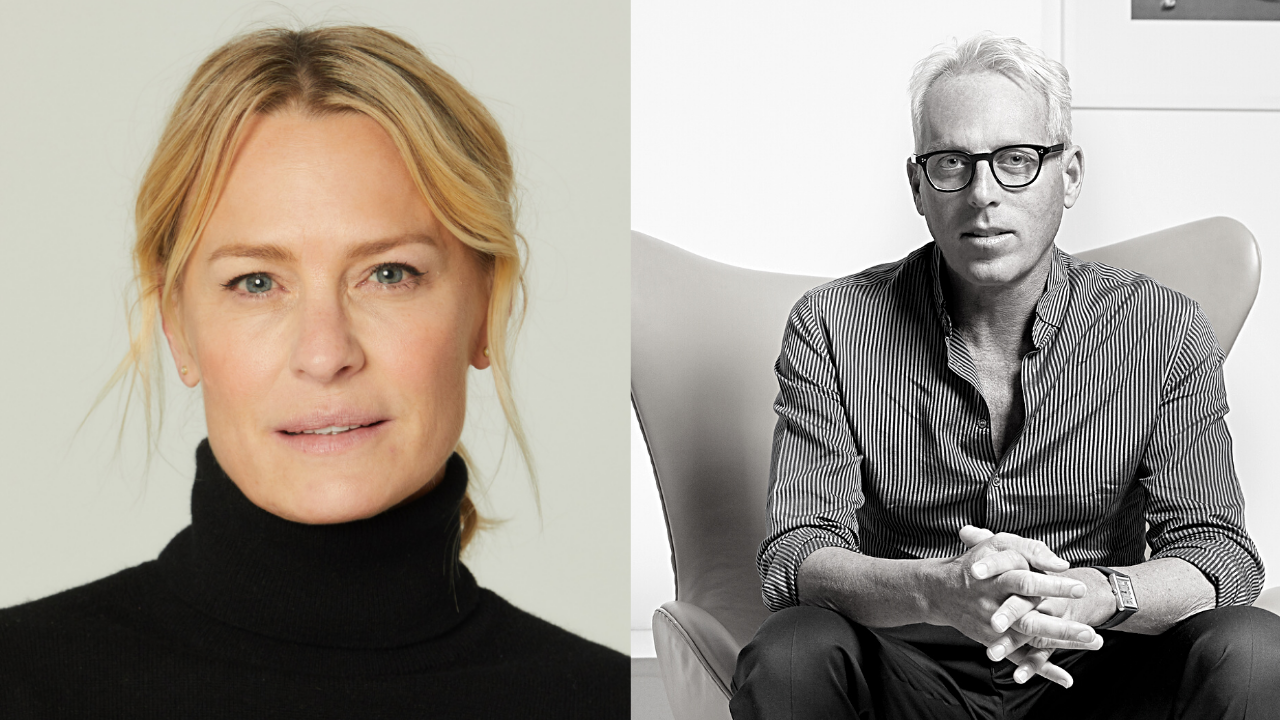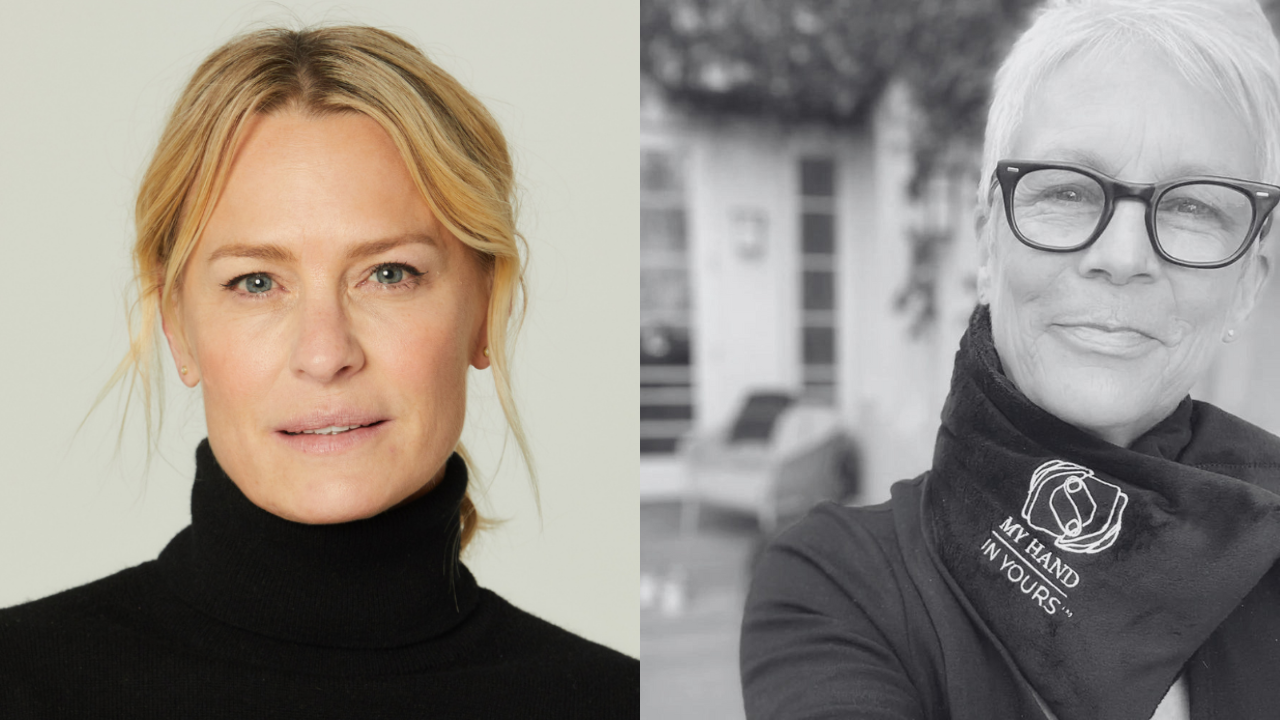Transcript
Robin Wright
Whitney, nice to meet you via cyberspace!
Whitney Williams
Nice to meet you too. Thanks for having me.
Robin Wright
First of all, I'm looking at your background. I'm like, could you have a few more things in your resume! Sixth-generation Montana native, former Clinton administration staffer, co-founder of Eastern Congo Initiative which is what we're going to talk about today. Member of Council on Foreign Relations and you ran for governor in Montana as a Democrat in 2020.
Whitney Williams I did!
Robin Wright
Wow. Yeah, that is a remarkable background.
Whitney Williams
Oh, thank you so much. I'm really lucky. I feel so fortunate to be able to have done all the things I get to do. It's really I'm very grateful.
Robin Wright
Can you tell us about Eastern Congo Initiative and how you came to start it?
Whitney Williams
Yeah, I'd be happy to. So, let's see. It was about 13-14 years ago, I met Ben Affleck actually on a tarmac in Tanzania in Mwanza, Tanzania. Ben and his buddy Matt were in Africa at the invitation of Bono and the ONE Campaign actually, who we were working with. Through my consultancy, and we had this great week, moving around Tanzania helping Ben to sort of understand some of the causes and consequences of many things that had happened in the region and he was just really curious about wanting to get started and do what he could in the world. And we got to talking about Congo and he didn't know much about it. And long story short, we ended up working together for about three years. Ben calls it his PhD program, but we very quietly got to travel around the horn of Africa and Central Africa and East Africa and spent a lot of time in Congo and we really fell in love with the region. We fell in love with the people we fell in love with the place we fell in love with the extraordinary potential which I know Robin you've, you've seen and had a chance to meet so many Congolese and we really thought we can maybe make a difference. There's something here.
Robin Wright
So in 2020 ECI funded legal clinics for survivors of sexual violence. Do you want to tell us more about that?
Whitney Williams
In Congo there is an epidemic of sexual violence and you know in some parts of the Kivus, they say two out of three women and girls have been raped. So it's a horrific statistic and we decided we wanted to see what we could do about it. And one of the sort of avenues that our partner said to us they would like help with was prosecutions of rape cases, which can cost about 500 bucks, which may not sound like much to some listeners but in Congo where people are making between $1 and $2 a day. And so we've been doing that. We've been funding prosecutions for, you know, off and on for a number of years. But there was a fascinating thing that happened. I took some women with me on a trip probably five or six years ago, there was a woman and one of the clinics is called DFJ, the grantee partner of ours, and there were a number of women who are coming in to talk about their rapes, and they were getting legal assistance. And we were sort of a witness to, as they want, right? Women want to be kind of heard and they want to be seen. And so we were sitting there and I happened to have a reporter from Glamour magazine with me. And the women all went around and they told these horrific stories and they were matching them up with legal aid. And at the end, we thanked them for allowing us to be part of the story and then said, “Do you have any questions of us?” And one of the women stood in the back of the room and said, “Do you have rape in America?” And it was one of the most stunning questions. Of course you know, how do you even begin to answer the question? And Genevieve the reporter from Glamour at the time, she was working with Glamour, she got up and said, “We do. It's actually a very serious problem in America.” And she spoke for a moment. And then the Congolese woman got back up and said, “Well, I hope you have organizations like this to take care of you.” And it was, right? I mean, just stunning. An idea that a woman in Congo would be wishing us well and thinking about how we were in asking those questions. And this is a woman who was just raped, who was in a judicial clinic to come and get help because of what had happened to her. And I carried that with me because I do think about how extraordinary women are and how extraordinary communities are and how people can show up for one another, you know, near and far. So yeah, pretty, pretty beautiful.
Robin Wright
Wow. And to feel that removed, how removed she must feel. To ask that question. Like, are we the only people that experienced this? That's incredible.
Robin Wright
So tell us how have you set up ECI for long-term success in the region?
Whitney Williams
Well, first of all, we hire Congolese. So, you know, first and foremost, we have had, you know, this desire to make sure that we were giving back in a very, you know, sort of community-centric way and so that meant that the leadership is largely Congolese, almost all of our staff is Congolese, and then we invest in, you know, extraordinary organizations, again, mostly run by women, but across the Kivus. So both North Kivu and South Kivu are our principal focus areas. And you know, we've always picked winners. We've definitely had some failures. So we've definitely learned a lot but generally speaking, we've really done everything we can to pick sort of extraordinary organizations that know what they need, you know, get to work doing what they can to sort of solve the sort of problem set that they've identified. And so we just feel like we kind of draft off of them and their success, and we do a weekend back here at home to raise resources for them to sort of speak to policymakers and the media, about their good work. But we've sort of been set up for success since day one because we did it in partnership with the Congolese people.
Robin Wright
It's so great. You're wearing our Pour Les Femmes Congo-made pajamas.
Whitney Williams
I am! I love them
Robin Wright
Which is what we're so interested in expanding is to have more Congolese women and men be a part of this GiveWork program. They want to work. I wish we created all of our products there.
Whitney Williams
But isn't it true Robin? I mean, I would just say like, you know, when you sort of look at the extraordinary work ethic, and I think, you know, what you find in Congo is just the same whether it's, you know, Missoula, Montana or wherever your listeners are, right? We all want the same thing for our family. We all want a good-paying job so we can provide for our families. And these women in Congo when I mean they will hustle, they work so hard and that craftsmanship I have to say, I mean the pajamas are incredible. It's like what you would get anywhere and these women are making it in Congo. I know they take such pride in the quality that they produce.
Robin Wright
You know, one question I wanted to ask you, what would you tell a younger version of yourself about forging your own path to success and making an impact on the world?
Whitney Williams
Oh my gosh, I would tell my younger self I guess a couple of things. I mean, one is don't take no for an answer. Don't let you know the negativity where people will say that's not possible. You know, really just believe anything is possible and just go for it. You know, don’t take no for an answer. And maybe also just you know, get yourself a posse you know, surround yourself with incredible people and keep them you know, hold on to them. Keep them close, you know, life is too short, that is for sure. And you know, we can't do anything alone. I remember does take a village. It takes a village I will tell you my two Clinton quotes. Hillary Clinton, of course, is the one who brought that to kind of popular acclaim. Of course, it's a beautiful old African proverb–it takes a village. President Clinton used to say this thing and I always wondered what he meant by this. When I was a young woman I was working in the Administration. And the President used to say, “that turtle on the fence post didn't get there on its own.” And for the longest time, I was like, what is that man saying? You know, what is he saying? And now when I think about how wise that is, I actually saw him last weekend. And I said to him, “Sir, I just have to tell you, I've finally gotten it. I'm so glad you said that.” It is to me such a beautiful reminder that we don't do anything by ourselves, that we are interconnected and interdependent that we do need one another to kind of get things done right and I think that that is you know, sort of like a good lesson in life that we should all try to remember.
